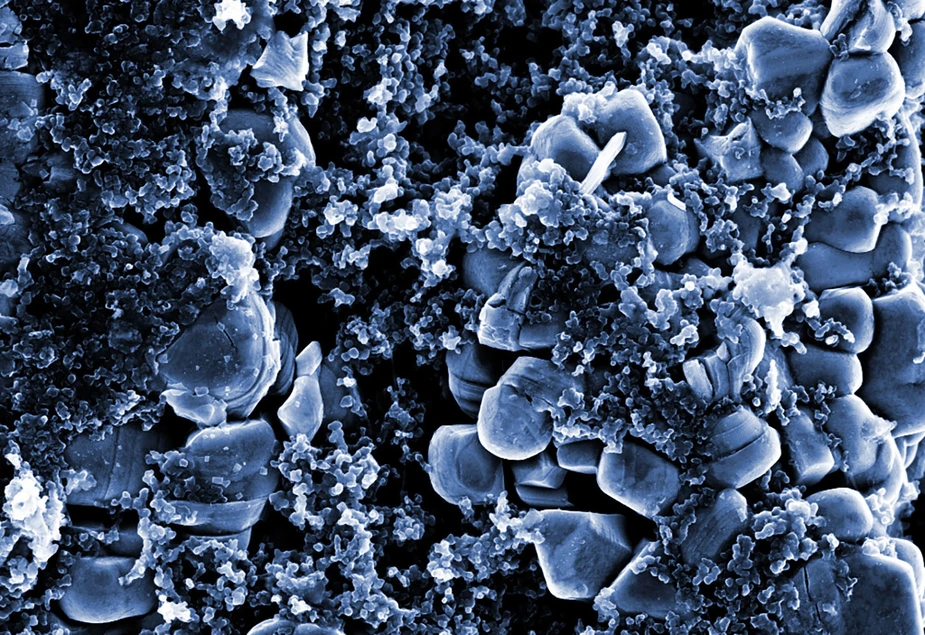BAM investigates nanomaterials in lithium-ion batteries
Possible risks during production, use and disposal should be assessed more reliably
The Federal Institute for Materials Research and Testing (BAM) is working with partners from Italy and France to investigate the safety of nanomaterials in lithium-ion batteries (LIBs). The aim is to develop reliable assessments of potential risks during manufacture, use, and disposal—so that new batteries remain powerful and safe at the same time.
Nanomaterials have great potential for improving the performance of lithium-ion batteries. Their unique physical and chemical properties enable them to increase the energy density of electrodes, shorten charging times, and extend the overall service life of batteries.
However, nanomaterials in batteries also pose significant challenges: they can be released during the manufacture, use, and disposal of batteries and may be harmful to health. There is also evidence that they can increase the risk of thermal runaway—a dangerous chain reaction involving flames or even battery explosion.
The Nano-SaNE project addresses these challenges and develops comprehensive safety assessments for nanomaterials in LIBs. The project investigates their synthesis and characterization, their integration into battery cells, and their behavior under extreme conditions such as overheating or overcharging. A particular focus is dedicated to analyzing the particles and gases released during thermal runaway and their potential impact on humans and the environment.
BAM is contributing its extensive expertise in battery safety testing and the analysis and characterization of nanomaterials to the project. These investigations are crucial for attaining a better understanding of potential risks and for developing appropriate safety measures.
The aim of the project, which also involves Sapienza University in Rome and the French INERIS institute, is to increase the safety of nanomaterials in lithium-ion batteries and promote their use in various areas, from electric mobility to stationary energy storage.
Nano-SaNE is funded by SAF€RA (Coordination of European Research on Industrial Safety towards Smart and Sustainable Growth), a European network that strengthens cooperation between national research institutions and funding organizations in the field of industrial safety.
More information on research at BAM on the topic of “Electrical energy storage and conversion”
Contact:
Bundesanstalt für Materialforschung und -prüfung (BAM)
+49 30 8104-1013
presse(at)bam.de
https://www.bam.de
BAM press release, 16 June 2025
